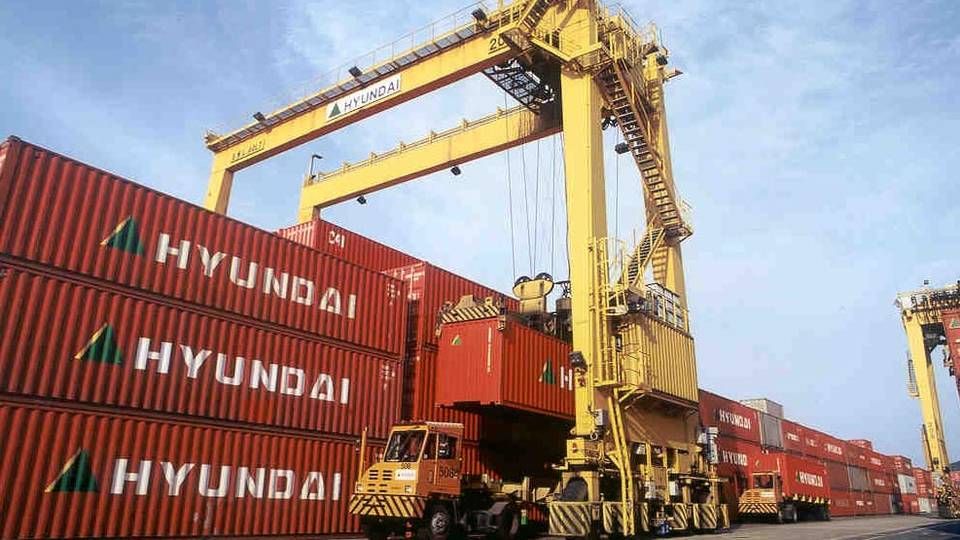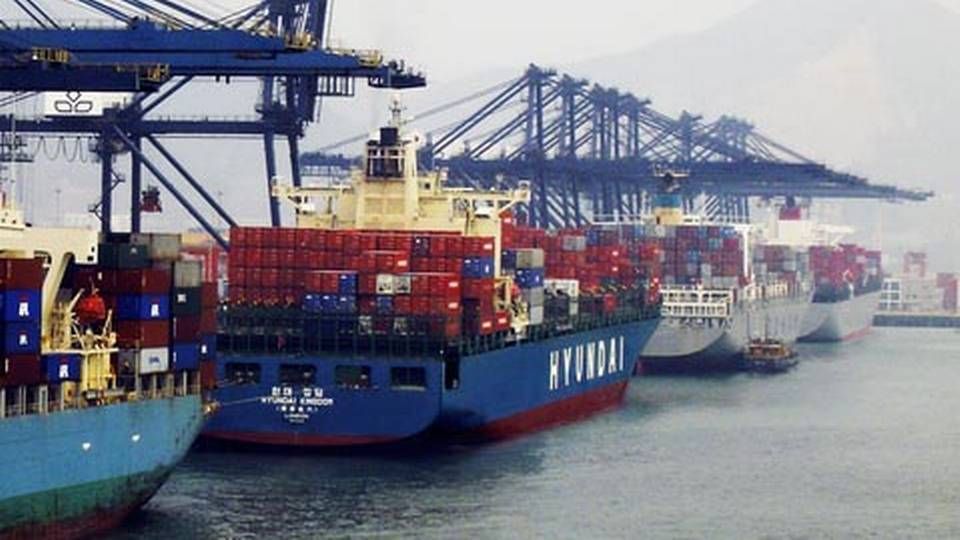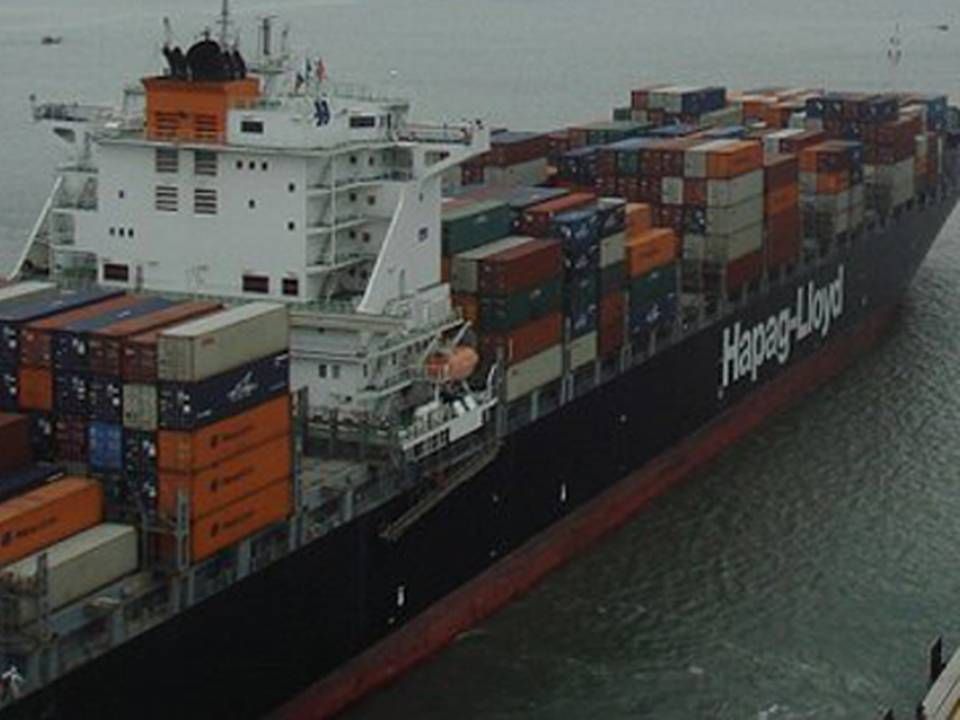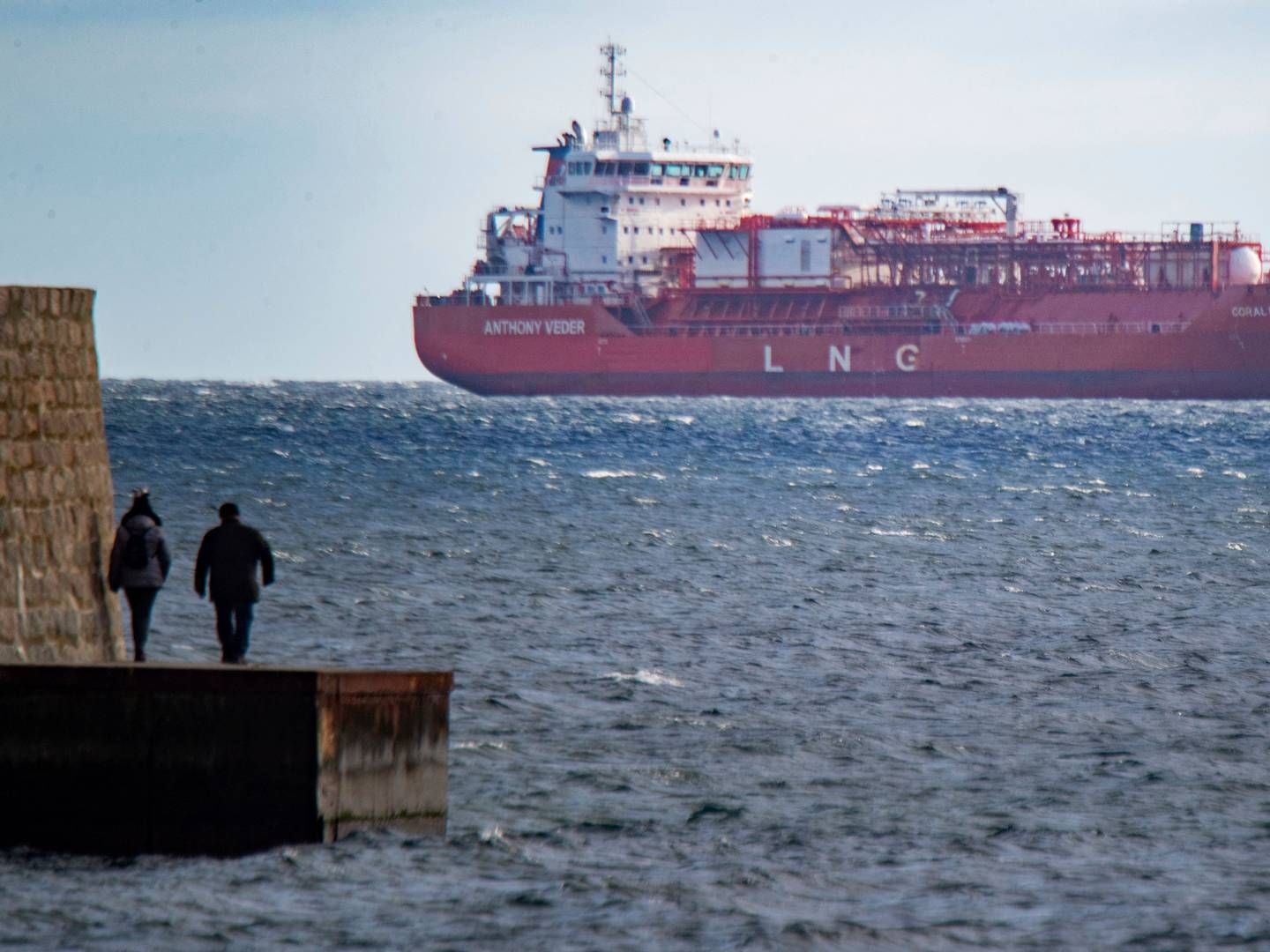HMM uses this number to put pressure on partners

The signs from Korean shipping giant Hyundai Merchant Marine were hard to miss when the carrier's executive management team, headed by CEO Paik Hoon Lee, sent out a letter to all of the company's business partners and carriers at the beginning of February. Either we will sit down and renegotiate old charter contracts or the company will enter receivership. HMM's survival depends precisely on this, senior management writes.
It does not happen every day in shipping that groups feel forced to send out an emergency flare to business partners and threaten with a collapse if contracts between them and the carriers, which have chartered vessels to the group are not renegotiated. But it is actually not that unusual either, and there are several examples of similar measures being used in recent years.
Israeli ZIM opted to use the same strategy a few years back and renegotiated all contracts with its business partners. In total, debt worth USD 1.4 billion was converted into shares, while German and Greek shipowners noted changes in their charter contracts on the market at the time, and in return, the difference between previous and new contracts were left as shares. The same method was the weapon of choice for Chilean CSAV, which faced severe difficulties in 2009 and is now merged with German Hapag-Lloyd. Many German shipowners ended up as shareholders in CSAV at the time.
But why should container and dry bulk carriers - which signed contracts years ago with Hyundai Merchant Marine for the chartering of vessels to the Korean shipping group - pay for the problems that the conglomerate now faces?
ShippingWatch has put this question to HMM's senior management. The answer illustrates how far the previous contracts are from the current market, and thus the overpricing which HMM believes that the shipowners now must acknowledge their part in. According to HMM, the current charter contracts are 150 percent higher than the current market.
"It will be an understatement to call today's shipping market "sluggish" as the market is currently at the brink of collapse. Most global shipping companies posted operating losses in Q4 2015, and even Maersk canceled its orders for new ships due to its loss in the quarter," HMM writes in an e-mail to ShippingWatch, adding:
"Again, the market is facing a very tough situation. In this aspect, where all shipping companies are enduring difficulties, HMM is speaking with shipowners (charterers), with whom HMM signed contracts when the market was booming for paying higher charter fees by over 150 percent compared to the current market price, to adjust the charter payment to the level of current market. Also, there are rumors that many bulk carriers are renegotiating charter costs with shipowners. HMM is not asking its business partners, who have been developing (continuing) long-term relationships with HMM, to take responsibility, but to jointly reach a win-win situation from a long-range perspective through the charter renegotiations," Hyundai Merchant Marine writes.
SeaIntel: Container carriers are heavily indebted
HMM does not wish to elaborate on whether some of the company's partners have been in contact and how the letter was received in the various offices, as negotiations have been ongoing since February 22nd.
Hyundai Merchant Marine has for years operated at huge deficits and, for the past many years, the company has ranked at the bottom among the top 20 carriers in the industry with towering debt.

Photo: HMM
In December, SeaIntel performed an analysis of container carriers' debt in relation to their debt-to-equity ratio - which is an expression of how much of the equity, compared to the debt, can be used to finance operations. 0.5 is considered by most analysts to be a sign of good financial health, while 1.0 is an indication that a company is funding its projects through a combination of debt and equity. It looked worse for Hyundai Merchant Marine (HMM), where the debt-to-equity ratio at the time was 9.6. At the same time, another Korean shipping group Hanjin was also in a rut with 9.68.
Most recently, the company's largest creditor, the Korean Development Bank (KDB), which is owned by the Korean government, had accounting firm Deloitte review HMM's restructuring plan and, according to HMM, the plan has been received very "positively", HMM writes to ShippingWatch:
"HMM is continuously and closely working with all stakeholders. We are expecting to see tangible results soon."
How sure are you of getting support from KDB?
"On February 18, 2016, Lee Dong-geol, the new Chairman and Chief Executive of KDB stated, "KDB will proceed with debt-equity swap worth KRW 800 billion if HMM successfully concludes its charter cut negotiation," officializing that KDB will fully support HMM if the charter cut negotiation with foreign shipowners succeeds. Also, the Government once discussed a series of measures to support HMM," HMM writes and points to the fact that the government has indicated that several support programs will be implemented.
HMM is not the only one of Korea's shipping conglomerates which is in trouble. The same applies to Hanjin, and there are ongoing rumors that the two groups will be forced into a merger. Currently, there is nothing on the drawing board from any authorities, says HMM, which does not think that a merger will be the outcome:
"The merger is not realistic because both companies are listed in the market and composed of various stockholders and investors, and the merger (merge) can cause huge losses to (of) stockholders/investors and bring a huge market disruption (a lot of confusion in the market). Also, Mr. Kim Young-suk, Minister of Oceans and Fisheries (MOF), has made his clear stance," HMM writes referring to a quote from the minister on January 29th of this year.
The minister said:
"There is no change in MOF's basic position that we, of course, hope to maintain two major Korean shipping companies."
In order to get through the current crisis, HMM has not been shy about the fact that several assets must be divested. A process which has been initiated and will continue in coming months. For instance, the company signed a contract at the beginning of February to sell parts of its dry bulk business, named Dedicated Business and worth USD 100 million, while the divestment of an owner's share in Hyundai Busan New Port Terminal is still underway. Add to this that HMM has planned to sell three financial subsidiaries including Hyundai Securities, where a letter of intent recently expired.
At the end of January, HMM sold shares and loans in Hyundai Asan and Hyundai Securities to raise KRW 70 billion, and on February 22nd the chairman of the board personally donated KRW 30 billion.
On the same day, the negotiations with various carriers and their charter contracts were launched, while in the middle of March, there will be a meeting with the creditors.
Read more about Hyundai Merchant Marine (HMM)
Media: HMM has vital backing from Korean bank
Related articles
Media: HMM has vital backing from Korean bank
For subscribers
SeaIntel: Container carriers are heavily indebted
For subscribers






















